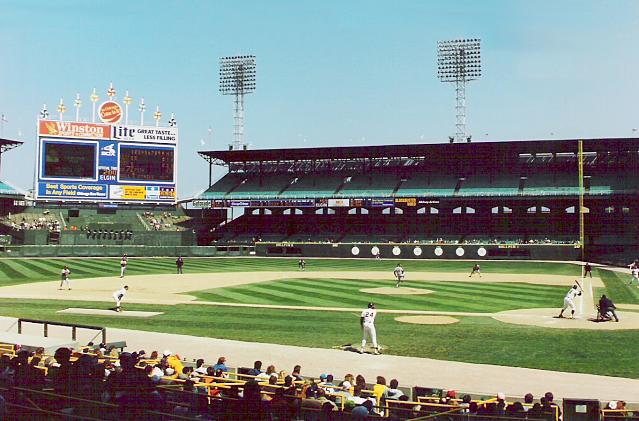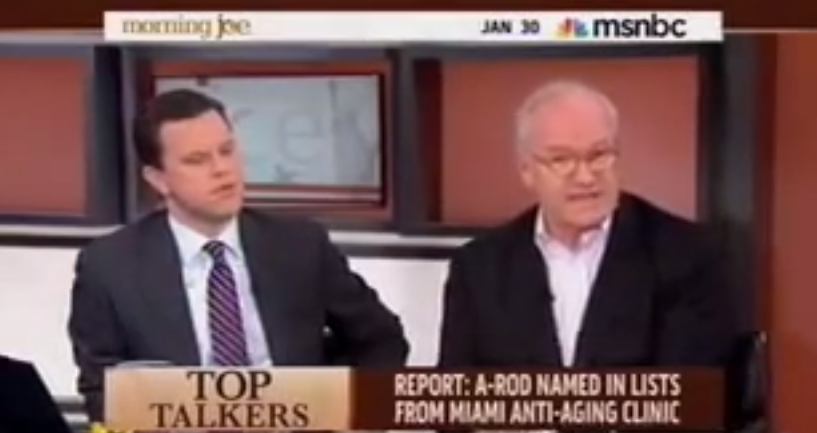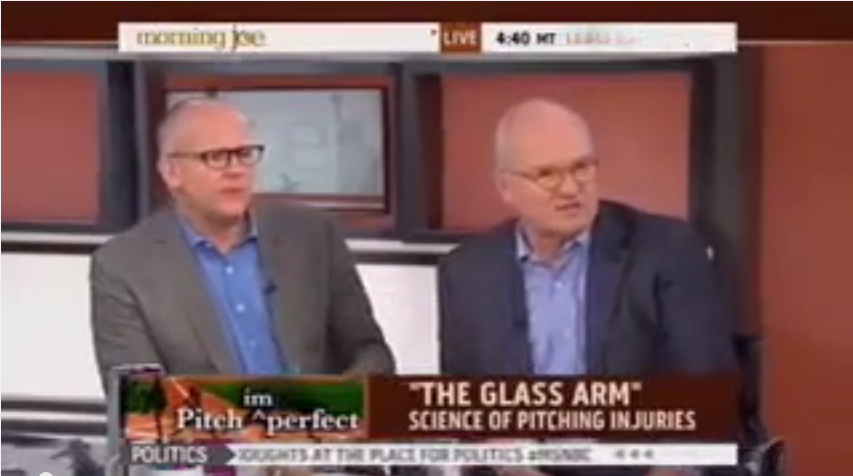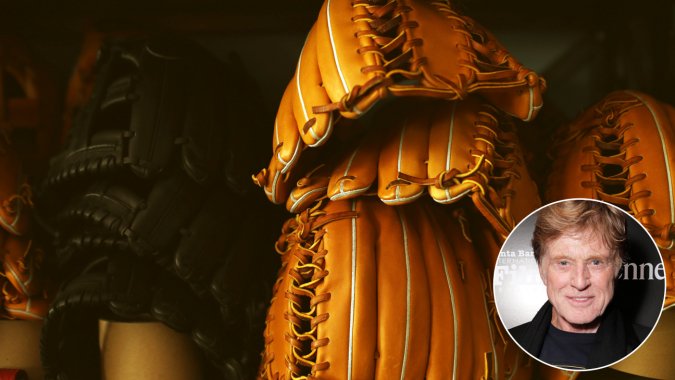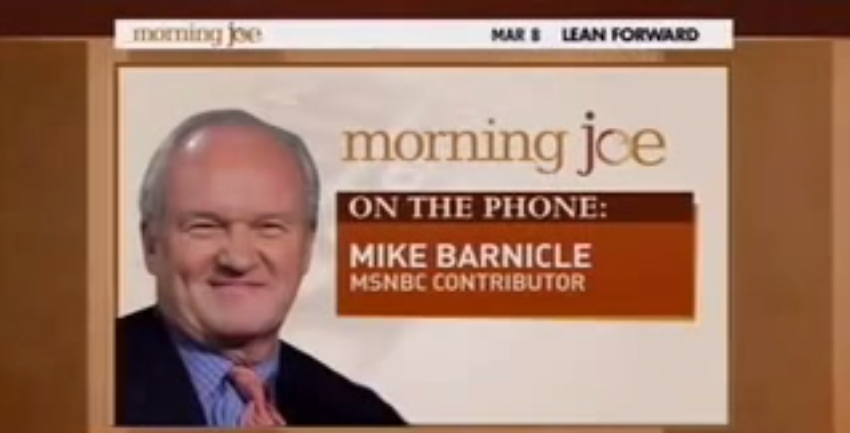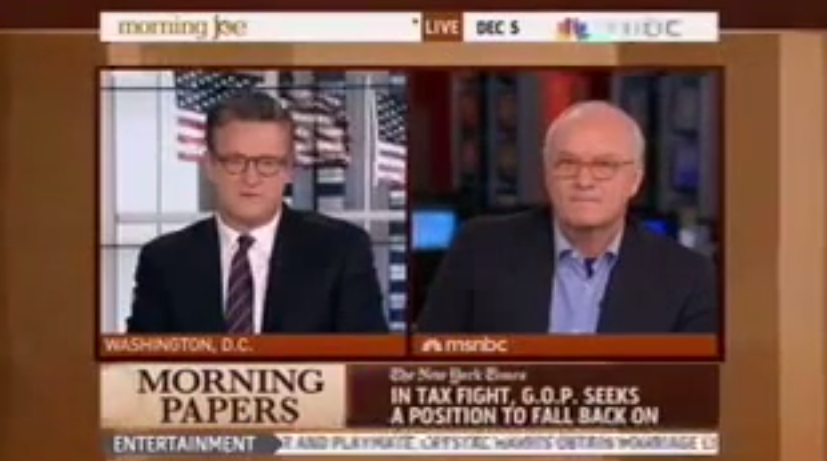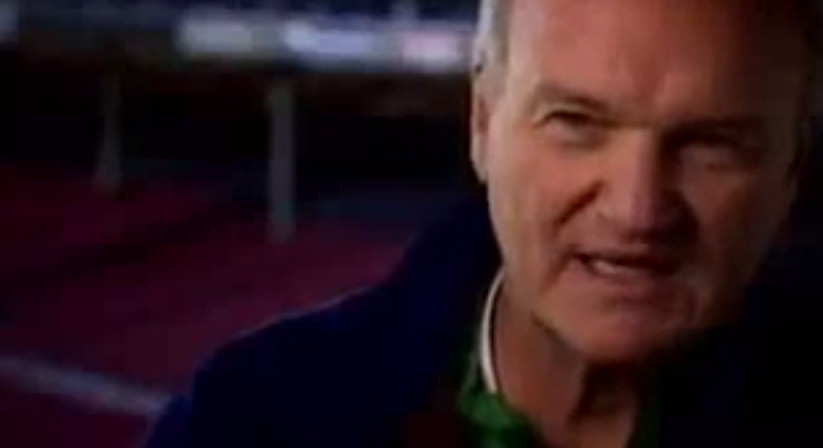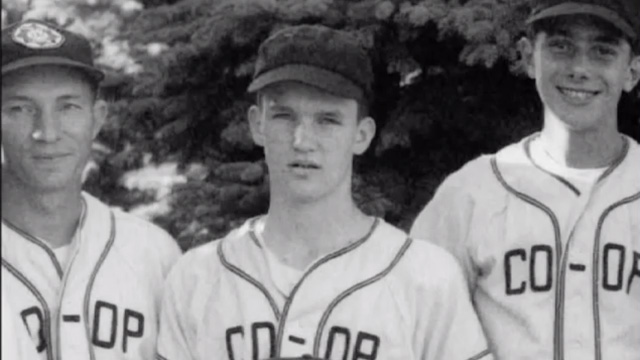“…characters out of a kind of baseball version of Upstairs-Downstairs the old PBS series about class and expectation. One is Ivy League. The other is Summer League. One grew up dreaming of baseball. The other played it, raised in a house with a father who made a living at it in the major leagues…”
Excerpt taken from Mike Barnicle’s “Tito and Theo”


